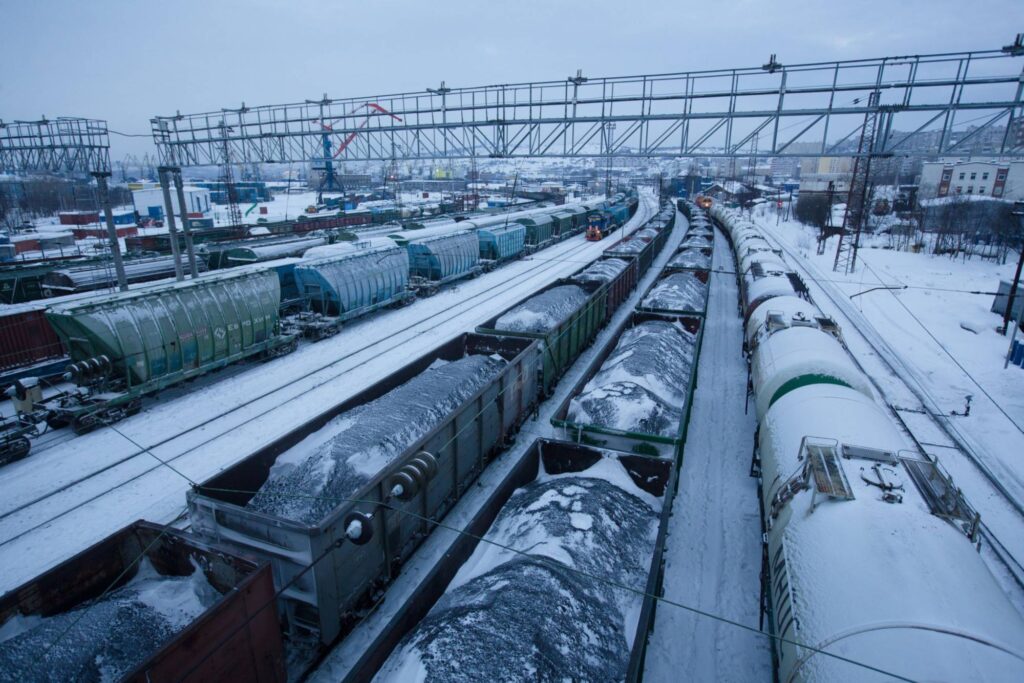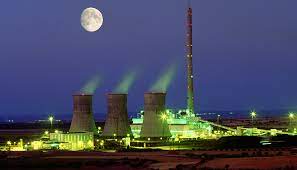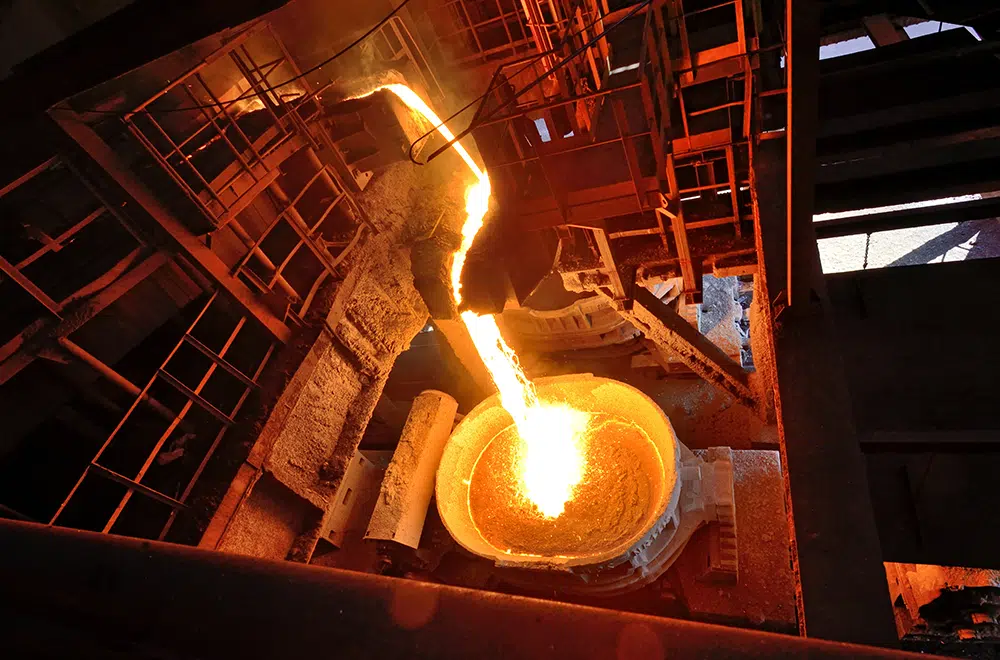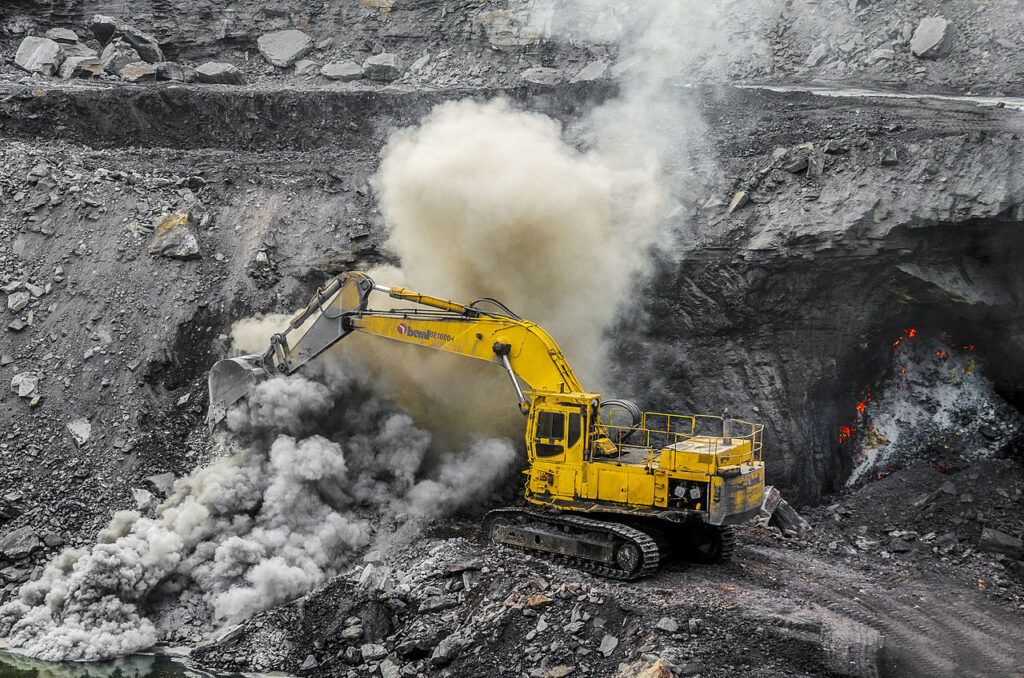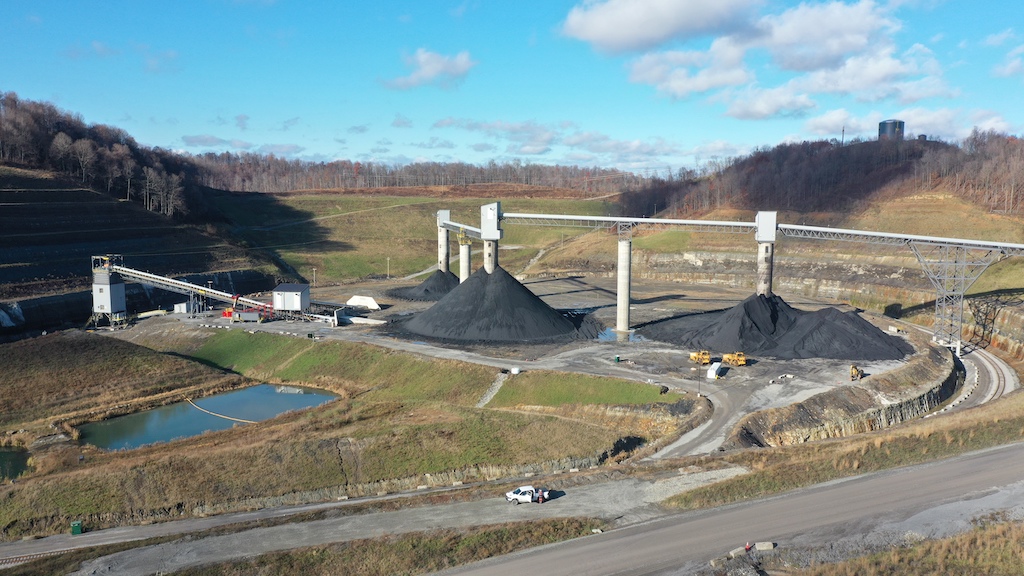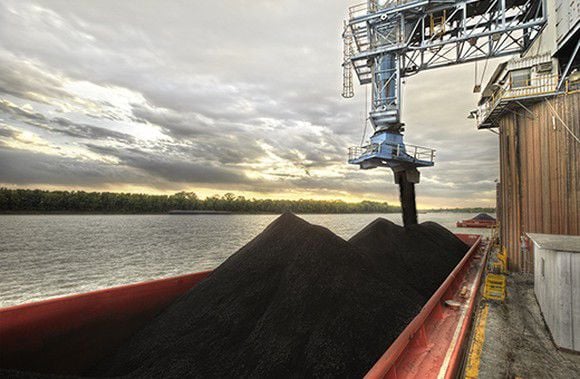In issuing permits for expansion of a key Montana coal mine, state regulators have consistently ignored water quality laws, the Montana Supreme Court ruled Wednesday as it vacated a permit for Rosebud Mine. The ruling is likely to undo three different mine expansion permits granted to Rosebud Mine by Montana’s Department of Environmental Quality. The southeast Montana mine, owned by Westmoreland Mining LLC., feeds Colstrip Power Plant.
Justices remanded to the Board of Environmental Review several issues the court concluded were mishandled, including the board’s decision that a mine’s cumulative damage to water quality could not be considered when issuing new permits. At issue is the mine’s damage to the upper East Fork of Armell’s Creek, which is part of a watershed draining into the Yellowstone River. The law requires that Armell’s be suitable for the growth and population of non-salmonid fishes and associated aquatic life.
In 2015, DEQ concluded that Westmoreland had in its proposed mine expansion prevented material damage to the creek and approved the mine expansion plan. But state law governing strip mining should have stopped DEQ from permitting the mine expansion if Westmoreland didn’t prove that area water resources wouldn’t be affected.
Justices in Wednesday’s ruling faulted the Board of Environmental Review for getting the law wrong in several instances. Anne Hedges, MEIC’s policy and legislative affairs director said the problem with the board is turnover, both with board members and hearing examiners, which makes it impossible to get through a case without having to refamiliarize the quasi-judicial board with the subject matter, which results in delays and deference to the arguments of DEQ and mining companies.
“We have multiple hearing examiners over the course of a case, and we have to start over at square one every single time they switch to a different hearing examiner,” Hedges said.
“So, there’s a deference to the DEQ and the mining company, regardless of what the law says. The whole thing has been rigged from the very beginning to let DEQ do whatever it wanted to do to give the mining company its permit, regardless of the law, regardless of the impact to water quality, regardless of how harmed the water already is from mining activity.”
The justices found that because of existing damage related to mining, a water body could be “99% of the way to a water-quality violation and the new proposed operation’s small impact could be the “proverbial straw to break the water-quality camel’s back,” but still DEQ wouldn’t deny the permit based on cumulative effects.
Wednesday’s ruling vacates the permit for the expansion of Area B at Rosebud Mine, but there have been two additional expansions at the mine applying the same flawed review of water impacts, which the court has ruled to be illegal.

